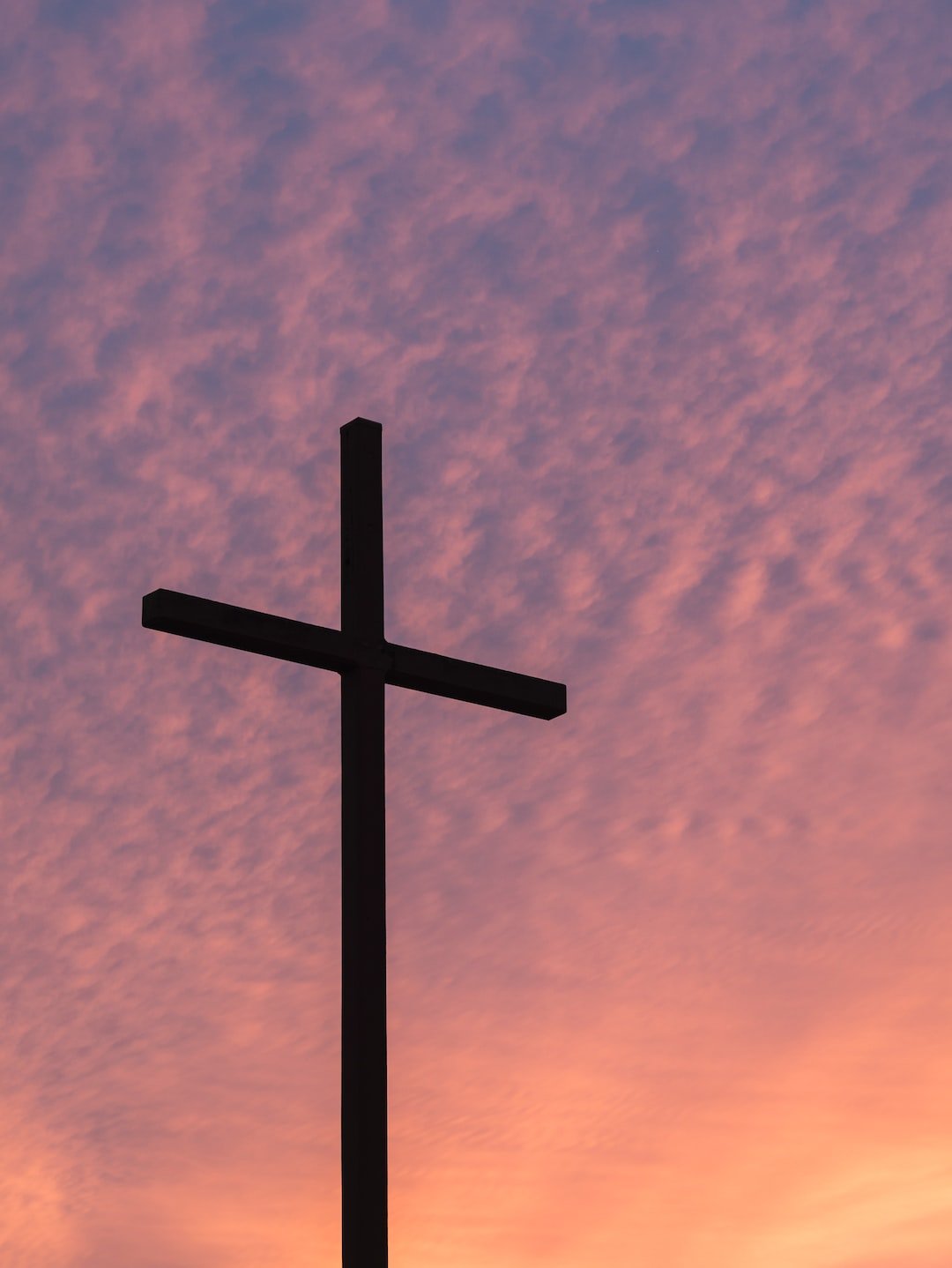Understanding the Concept of Divinity in Ancient and Modern Religions
Throughout human history, spirituality has been a fundamental aspect of people’s lives. From the ancient civilizations to the modern world, religions have served as a source of comfort, guidance, and understanding of the mysteries of existence. At the core of every religious belief, we find the concept of divinity – a supreme being or beings that hold ultimate power and control over the universe.
In ancient religions, the concept of divinity varied greatly from one civilization to another. In a polytheistic belief system, multiple gods and goddesses were revered and worshipped. Ancient Egyptian religion, for instance, focused on a pantheon of gods with different responsibilities and domains. The pharaoh was considered divine and seen as the intermediary between the gods and the people. Similarly, ancient Greek and Roman religions had a complex hierarchy of gods and goddesses, each with their own specific abilities and powers. These deities were worshipped through rituals and sacrifices in the hopes of gaining their favor and protection.
However, the concept of divinity developed significantly as humanity progressed into the modern era. The advent of monotheistic religions, such as Judaism, Christianity, and Islam, brought about a significant shift in the understanding of divinity. In these religions, the belief in a single supreme being replaced the worship of multiple gods. The idea of a transcendent, all-powerful God who created and governs the universe became central to religious practice.
In modern religions, the concept of divinity is often closely related to morality, ethics, and spirituality. Worship and devotion are seen as ways of connecting with the divine and receiving guidance in navigating the complexities of life. Prayer, meditation, and ritual become integral components of religious practice, allowing individuals to deepen their understanding of and relationship with the divine.
Moreover, modern religions often emphasize the human connection to divinity. It is believed that every individual possesses an innate spark of the divine, and the ultimate purpose of life is to realize and nurture this inherent connection. This recognition of our own divinity fosters a sense of responsibility, compassion, and empathy towards others, as we are all seen as part of the same divine creation.
Understanding the concept of divinity is not limited to adherents of religious belief systems. It is a topic that provokes philosophical and existential contemplation. Individuals who identify as agnostic or atheist also grapple with the concept of divinity in their own ways, questioning the existence or relevance of a higher power. Regardless of personal beliefs, the concept of divinity serves as a source of contemplation, inspiration, and wonder, encouraging individuals to explore the deeper aspects of their existence.
In conclusion, the concept of divinity has evolved throughout history, from polytheistic beliefs to the monotheistic religions of modern times. It has served as a guiding force for countless individuals seeking meaning, purpose, and understanding in life. Whether through ancient rituals or modern spiritual practices, the concept of divinity continues to shape our understanding of the universe and our place within it.

